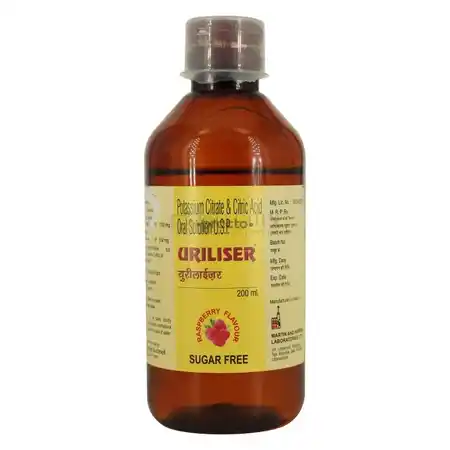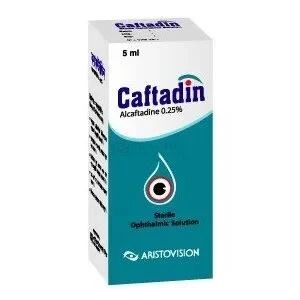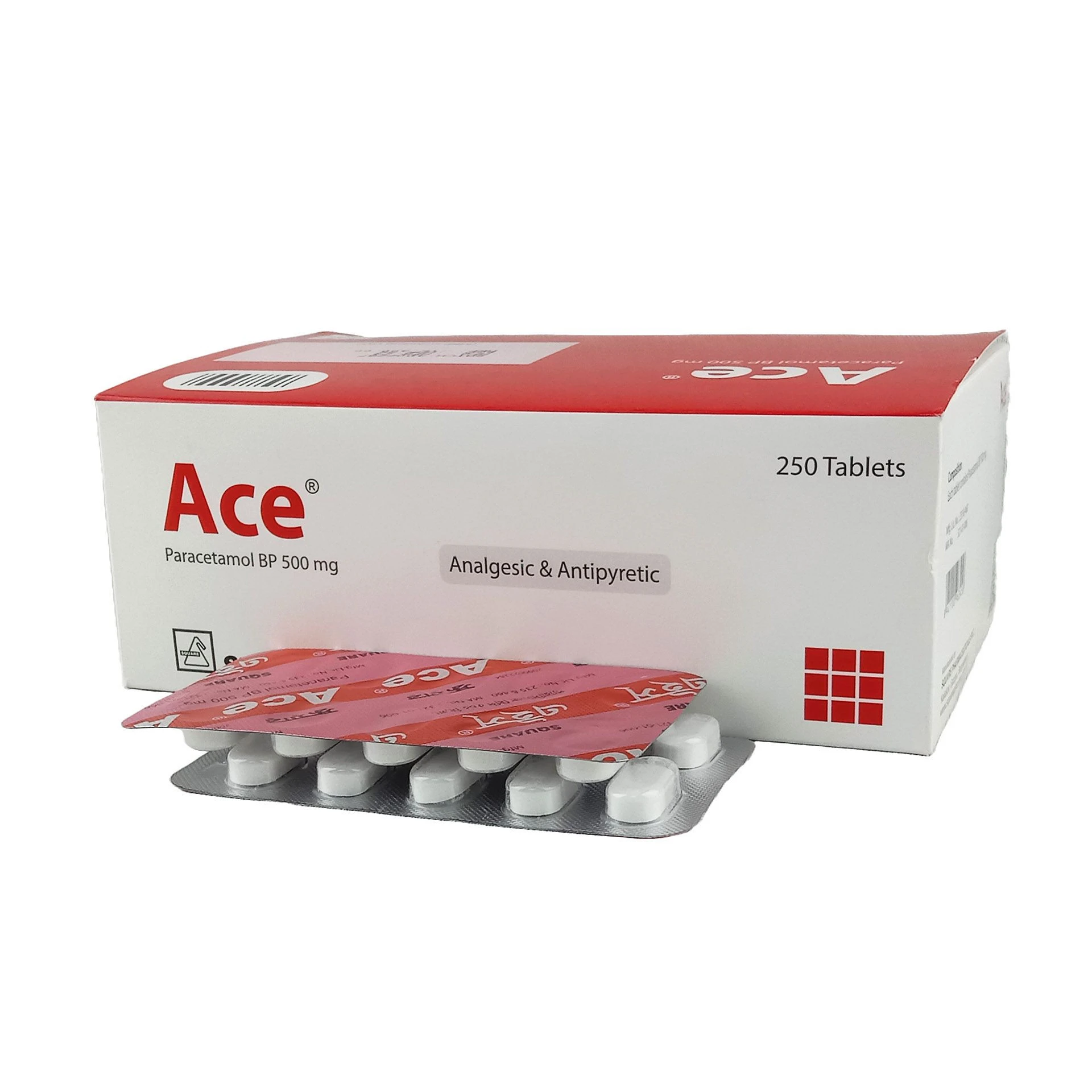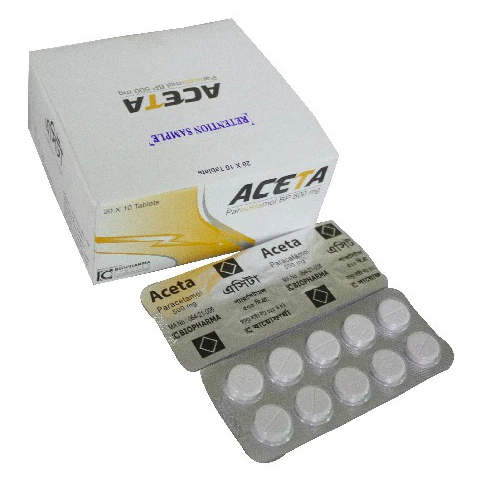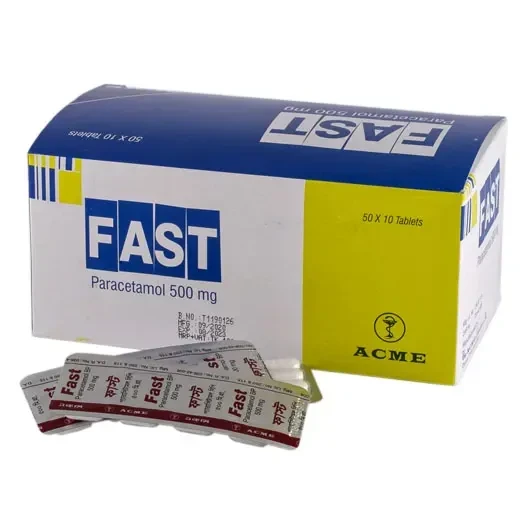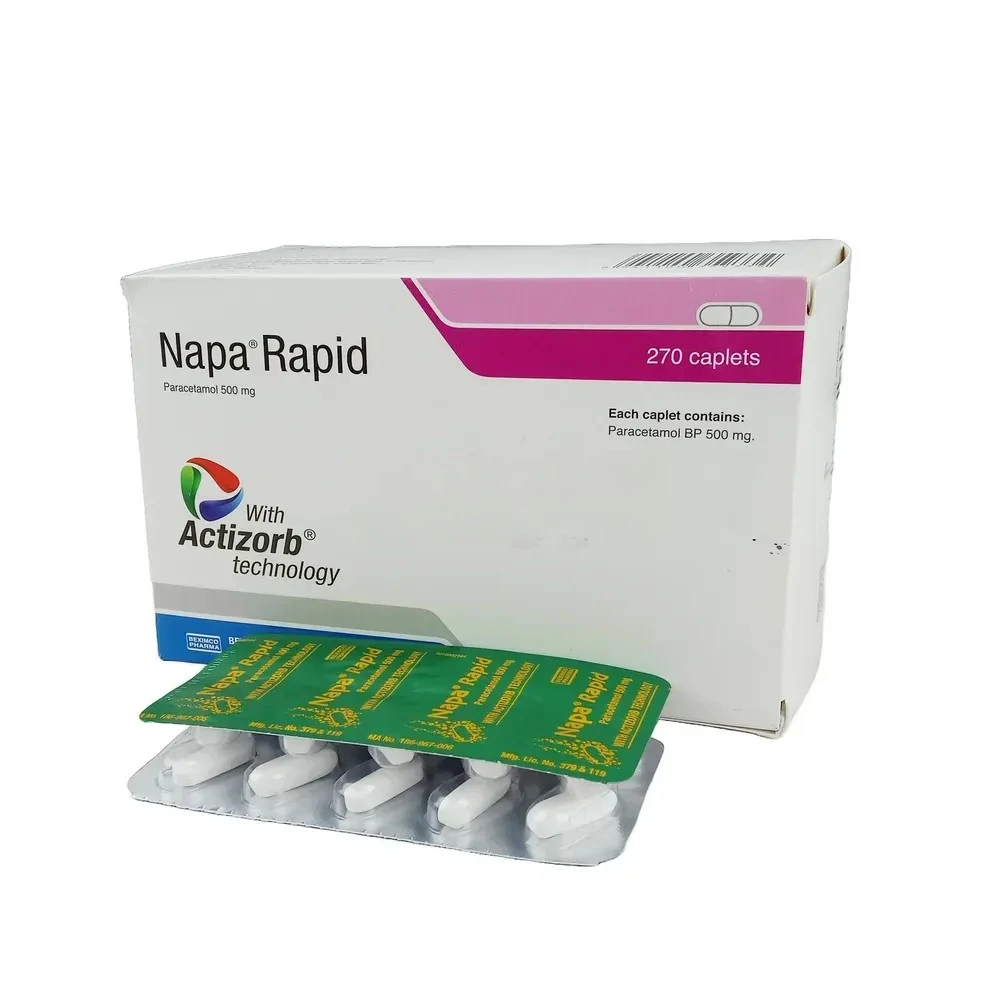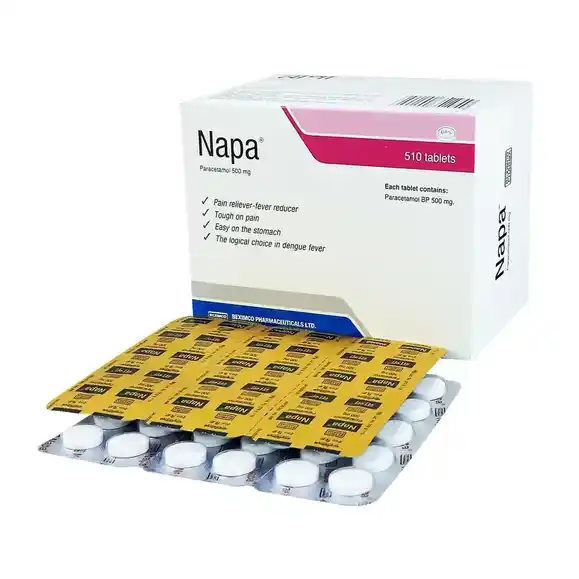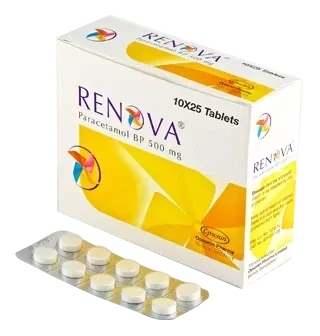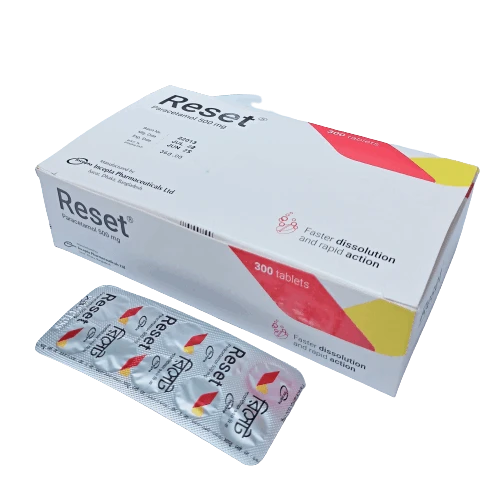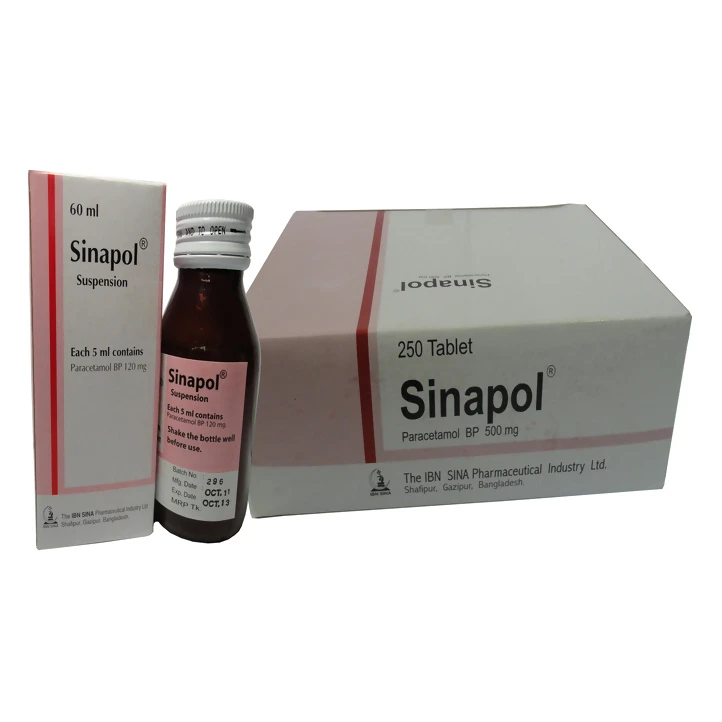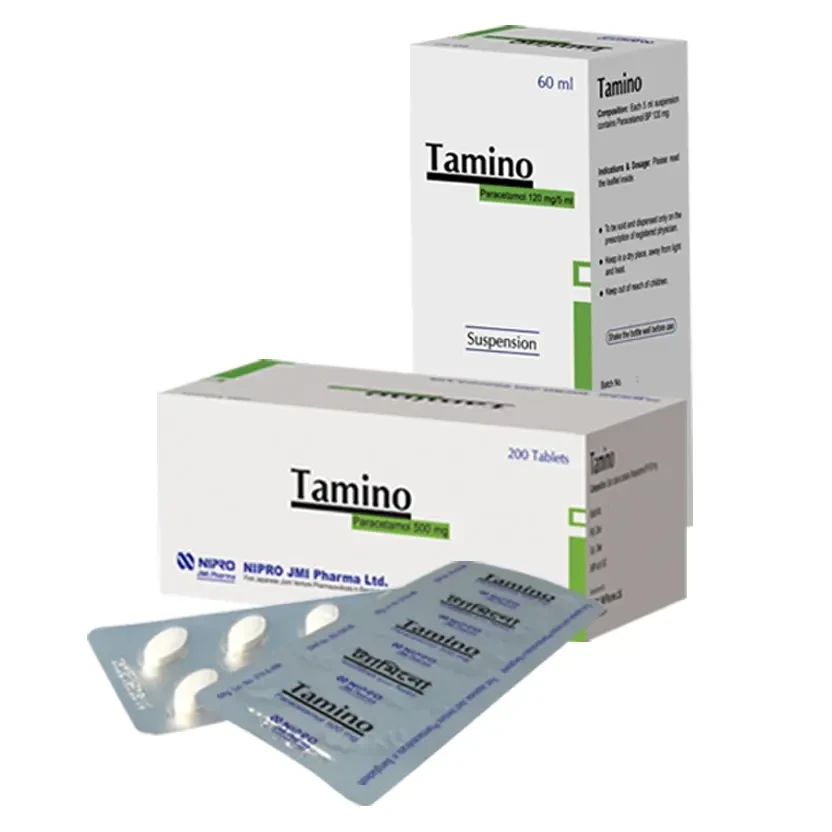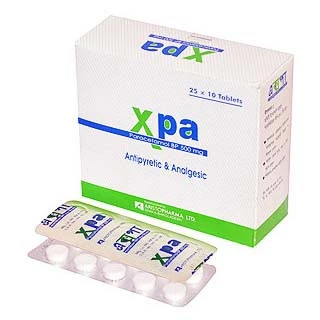-
Categories
-
Medicine
- Anesthetics & Neuromuscular Blocking
-
Eye Preparations
- Ophthalmic Anti-Allergic
- Ophthalmic Non-Steroid
- Miotics And Glaucoma
- Other Ophthalmic
- Dry Eyes
- Ophthalmic & Topical Antibacterial
- Ophthalmic Anti-Bacterial
- Combined Ophthalmic Steroid & Anti-Biotic
- Ophthalmic Steroid
- Mydriatic And Cycloplegic Agents
- Ophthalmic Anti-Viral
- Ophthalmic Steroid & Antibiotic Combined Preparations
- Combined Ophthalmic Non-Steroid
- Ocular Perioperatives
- Preparations For Ophthalmic Diagnosis
- Exocrine Secretions
- Ophthalmic Anti-Fungal
- Vitamin, Mineral & Nutritional Deficiency
- Central Nervous System
- Analgesic & Antipyretic
- Genitourinary System
- Homeopathy
-
Dermatological Preparations
- Irrigation Solution For Urological Surgery
- Systemic UrinaAcne & Rosacea
- Preparations For Warts & Calluses
- Anti-Eczema & Anti-Psoriasis
- Topical Anti-Infectives
- Combined Topical Corticosteroids
- Anti-Septics & Skin Disinfectants
- Topical Analgesics
- Dressing Products
- Hyperpigmentation
- Topical Antihistamines, Antipruritic & Local Anesthetics
- Ichthyosis & Scaly Skin
- Other Scalp Preparations
- Protection Of Skin From Solar Radiation
- Hair Growth Inhibitor
- Miscellaneous Topical Ary Anti- Infective
- Respiratory System
- Antimicrobial
- Miscellaneous
- Cardiovascular System
- Bone Formation & Disorders
- Musculoskeletal Systems
- Cerebrovascular System
- Chemotherapy & Immunosuppressants
- Gastrointestinal System
- E.N.T Preparations
- Endocrine & Metabolic System
- Anemia & Other Blood Disorders
- Allergy & Immune System
- Healthcare
- Beauty
- Herbal
- Sexual Wellness
- Supplement
- Food and Nutrition
- Baby & Mom Care
- Women’s & Girl’s Fashion
-
Medicine
- Home
-
Brand
-
-
-
-
( 4 )
-
-
( 376 )
-
( 2 )
-
( 12 )
-
-
- All vendors
- Sign in
- Sign up



